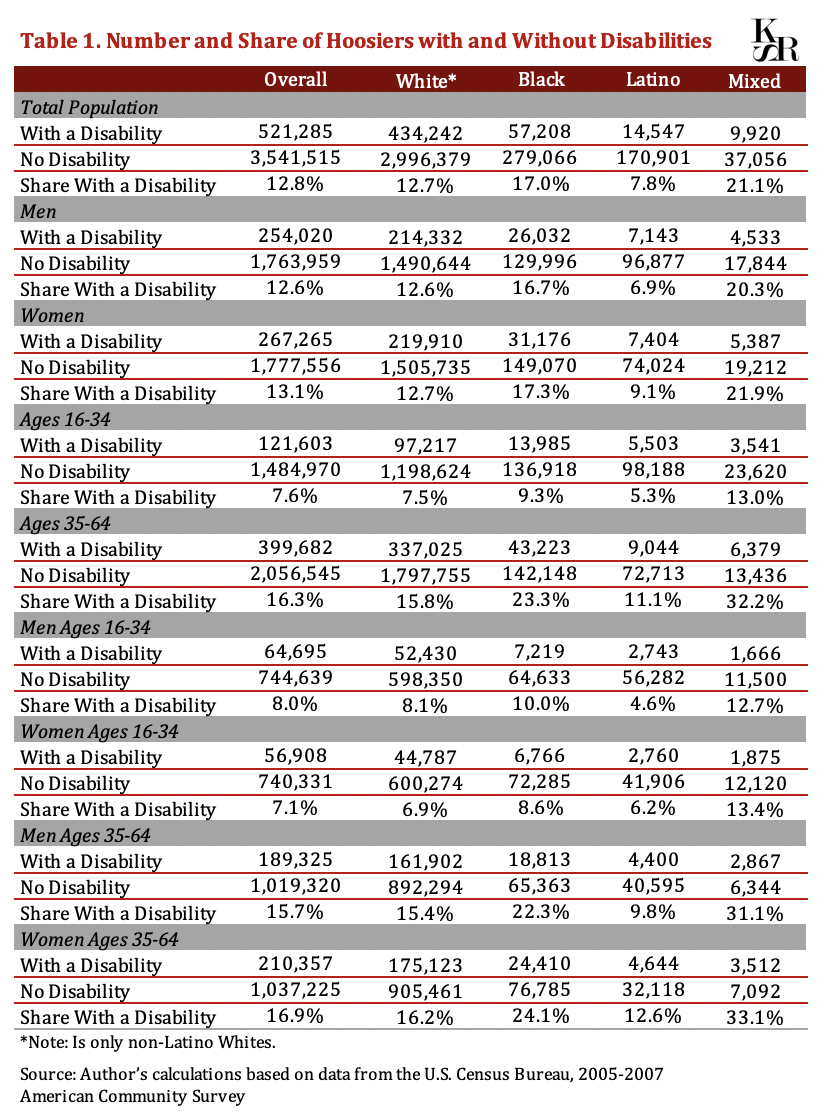The U.S. Census Bureau is facing a series of challenges this time around – insufficient funding, a new online component, and an administration that is unwelcoming to diversity. In particular, the Trump Administration and Republicans in Congress have become the newest members of the mole brigade – politicians determined to avoid seeing the world as it is, preferring instead to fumble around in the dark.
I worked in domestic economic policy before coming to the Kennedy School, and I consider the Census Bureau an especially helpful data source for a number of reasons: the Bureau measures the incomes of the poor; it calculates the share of the population without health insurance; and it allows for greater geographic and demographic specificity than any other data source. Given the Bureau’s importance, we should work to ensure that it has all of the resources at its disposal to obtain an accurate population count.
The Census Bureau Measures the Incomes of the Poor
We have a lot of good data on the incomes of middle-class and rich Americans. But we don’t know as much about the incomes of the poor, for one simple reason: most income data come from people’s tax returns, and many of the poor do not file income taxes.
That’s where the Census Bureau comes in. The Bureau collects and publishes data on the incomes of the poor; it also publishes the national poverty rate every September. Data like these allow me to make statements such as: “Were it not for the increase in inequality, the incomes of households in the bottom 40 percent of the income distribution would be over 35% higher than they are today.” Without the help of the Census Bureau, I’d be at a loss when trying to calculate the costs of rising inequality to lower-income households. Insofar as our understanding of poverty plays into our debates on unionization, taxes, the minimum wage, healthcare reform, etc., it’s important that we have accurate information before acting.
The Census Bureau Finds the Uninsured
The Census Bureau gathers data on another vulnerable population: Americans without health insurance. Calculating the uninsured rate is a difficult task, since the uninsured move a lot and are difficult to reach. Only an organization such as the Census Bureau can undertake a concerted, organized effort to find the uninsured and measure them accurately as a share of the population. I’ve found the Bureau’s data useful when describing the successes of the Affordable Care Act, noting the failures of my former Governor Mike Pence (yes, that Mike Pence), and examining the effects of Medicaid expansion on the uninsured rate.
The Census Bureau Allows for Tremendous Geographic and Demographic Specificity
Last semester, when taking an excellent course under the tutelage of Steve Jarding, I decided to pull up data on the number of people with disabilities in Indiana. Using data from the Census Bureau, I was able to produce the following table:
The Census Bureau is the only source that has this type of fine-grained data available for public use.
The Census Bureau produces a lot of valuable information for researchers. If we want to keep learning about our society – especially the most vulnerable members of that society, such as the poor and the uninsured – then we should work to ensure an accurate population count. And if we don’t want to learn, well, there’s always the mole brigade.
Edited by Hilary Gelfond
Photo by Christa Dodoo on Unsplash

